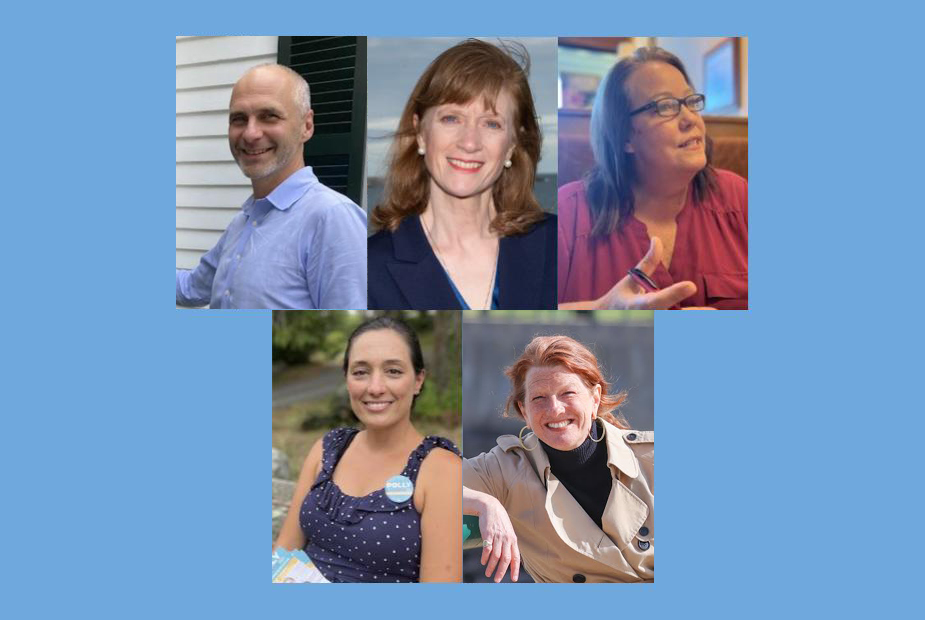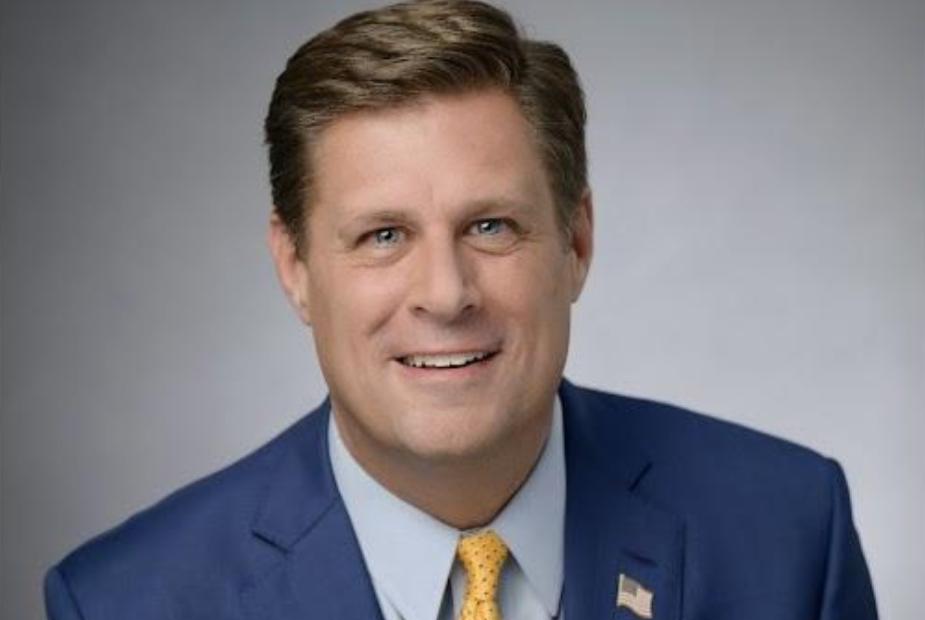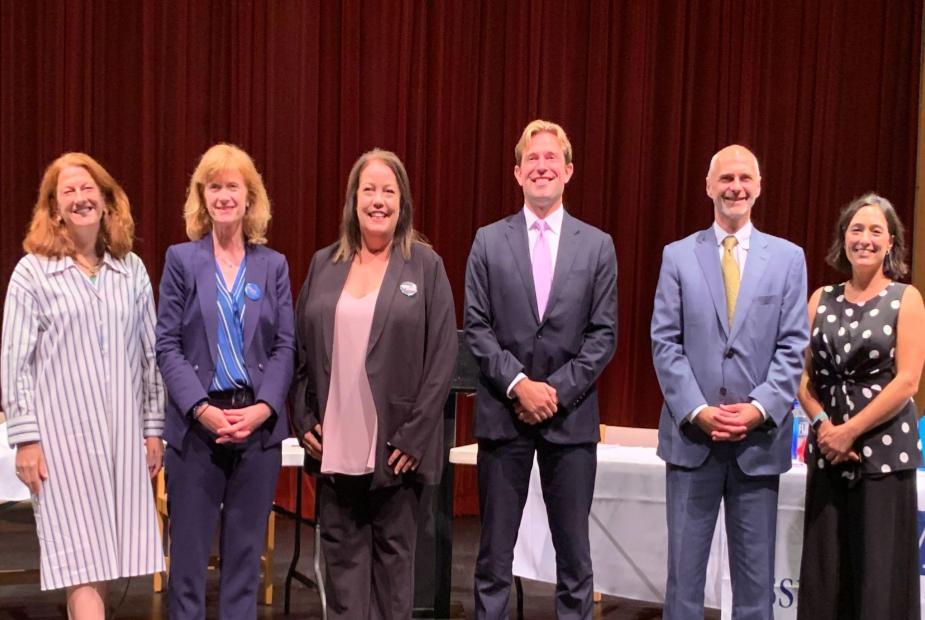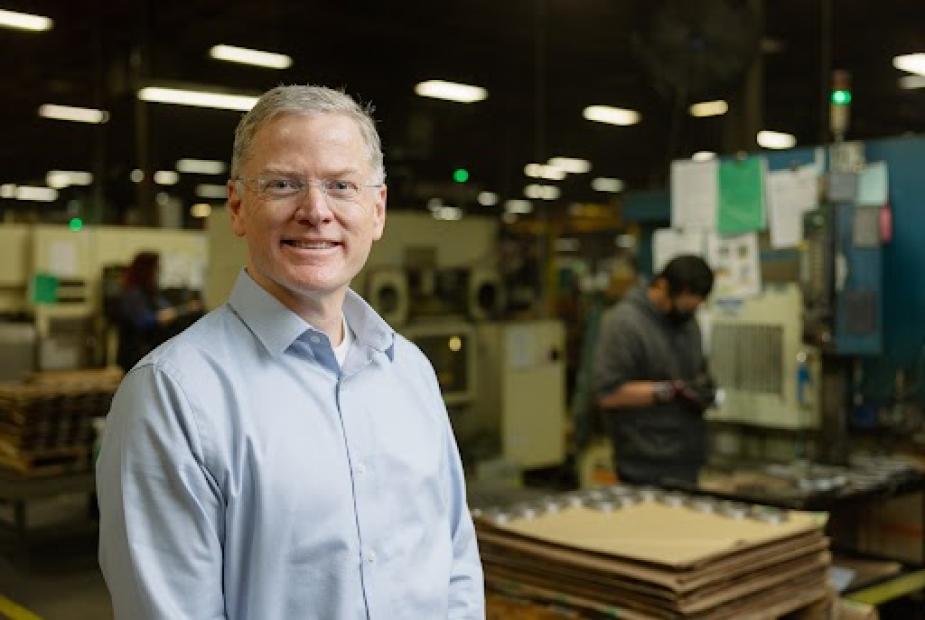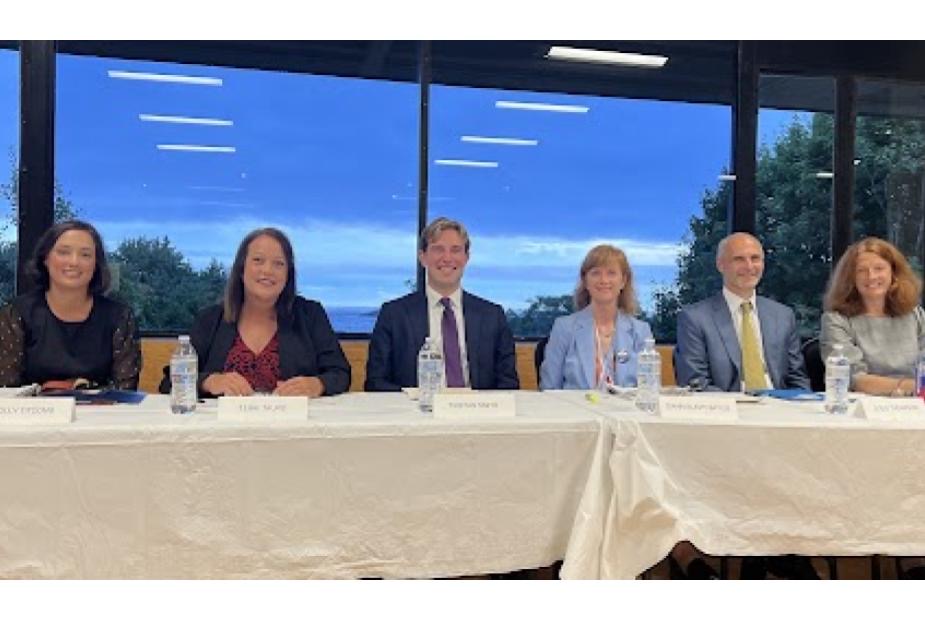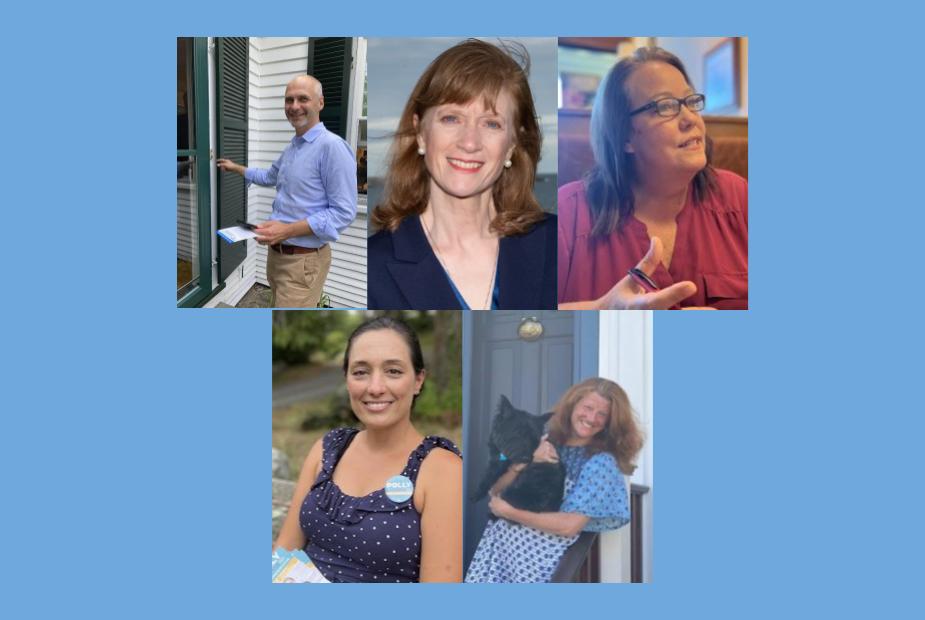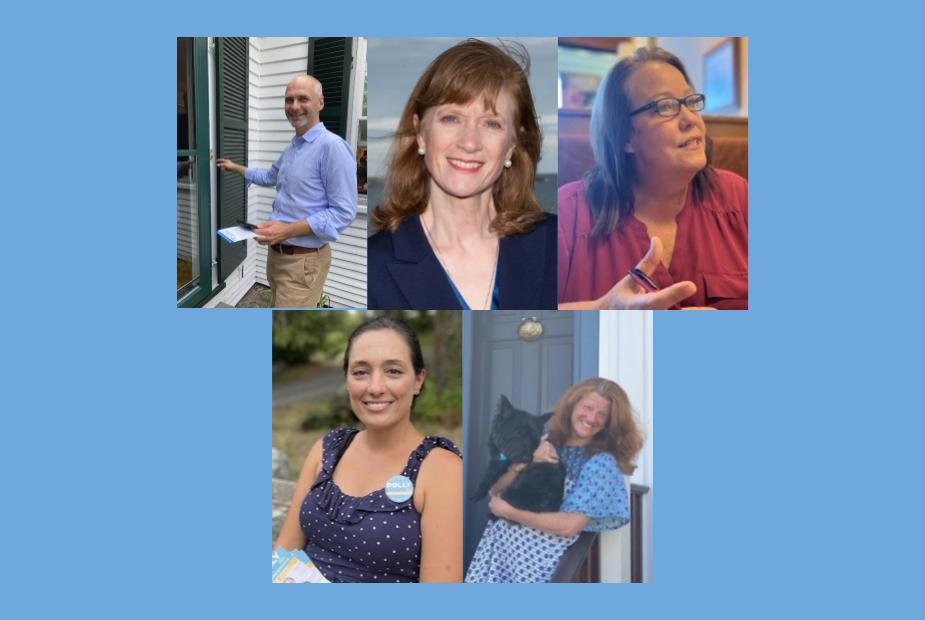Day 5 of Q & A With Candidates for State Rep
On September 6, 2022, six Democrats will face off in the primary for the 8th Essex District State Representative seat. There are no Republicans or third-party candidates running. Barring a strong write-in candidate in November, the winner of the primary among the Democrats will be the new state representative for our district.
Marblehead Beacon sent each of the six candidates a questionnaire. On Monday, we began publishing their responses and published several lighter questions and answers the following day. Wednesday and yesterday we returned to substantive questions, and today we offer another that we posed to the candidates along with each of their answers. We will continue this pattern next week.
Editor’s Note: After several emails and two phone calls, the only response we received from Tristan Smith's campaign was from a spokesperson who said the candidate might be too busy to complete the questionnaire. He was the only one of the six candidates who did not submit answers.
Every candidate in this race has mentioned the importance of improving education in our district. Lynn, Marblehead, and Swampscott have vast differences in certain education-related arenas. With respect to education, what, specifically, would be within your purview as a state representative? What specific steps would you take as soon as you are in office to accomplish your goals?

Jenny Armini
As the mother of a Marblehead High School Student, I am acutely aware of the issues and opportunities facing our educators and kids in the public system, most especially the learning loss and social-emotional challenges left in the pandemic’s wake.
I believe the state has an important role to play in continuing to provide additional funding to cities and towns to address these issues. This is going to be a multi-year rebuilding process. For older students, there is a sense of urgency to provide them with the additional academic and emotional supports before they take on higher learning or employment. For the younger kids, it means bridging the gaps with more specialists, while helping them develop key social skills through school-based and community-based activities. Talk to any kindergarten teacher, and she will tell you stories about struggling to meet these dual needs in a more chaotic classroom environment.
The pandemic also provided real-time proof of what we’ve known for decades: Inequality begins before kindergarten. That’s why I support Common Start Coalition’s legislation that provides a glidepath to both on a sliding scale. State leaders gave the goals of the bill a boost by including $500 million in new money for early education in the FY’23 budget. I will continue to support Common Start legislation and funding if I am fortunate enough to be elected.
Another area that requires additional support is special education. Our districts are grappling with steep expenses. These students deserve a “free and appropriate education,” but we have to recognize that delivering on that is challenging our communities beyond what they are capable of providing on their own.
Along those same lines, the formula that dictates how much cities and towns will receive through Chapter 70, the main source of state funding, requires regular review so that each community is assured of receiving the amount that reflects specific needs and demographics.
And finally, it is time to take a fresh look at how we assess student achievement and teacher effectiveness. Assessments are absolutely necessary. It’s the approach that needs updating so that it more fairly measures educational success. The state can start the process by funding pilot programs that explore alternative frameworks.
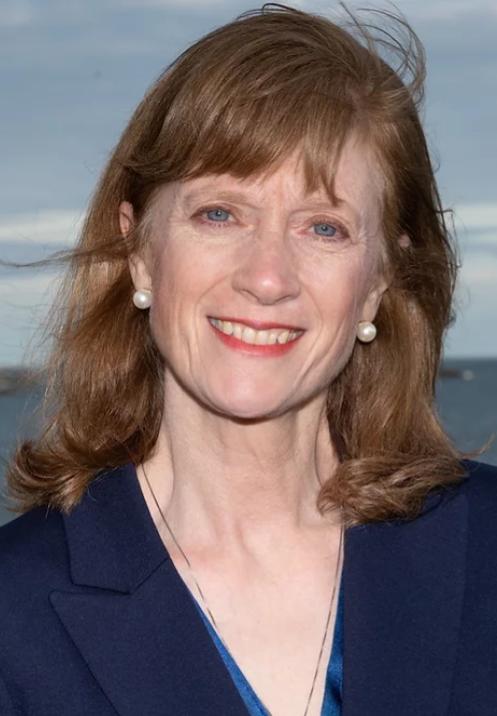
Diann Slavit Baylis
Education will be my top priority every year when the state budget process comes around, as the amount of funding that is dedicated to education aid and how it is distributed are questions very much within the purview of the State Legislature. We must fully fund the 2019 Student Opportunity Act, and ensure that the education aid funding formula is fair to both urban and suburban school districts. Fully funding education aid wasn’t difficult this year given the state’s surplus, but it will be much harder to do in a year without surplus funds. I also want to make resources available to our schools to hire more counselors and therapists as our kids continue to navigate the fallout from COVID and the constant threat of gun violence that they have sadly been forced to grow up with. Our schools, including our vocational technical schools (one of our sons went to Essex Tech), and our public higher education institutions also have an important role to play in workforce development, and I want to ensure funding for STEM programs and early college programs that will contribute toward a strong workforce in our region, well qualified for jobs in the state’s growing technology sectors such as life sciences and cleantech.
Tristan Smith: Did not respond to questionnaire. See editor’s note above.
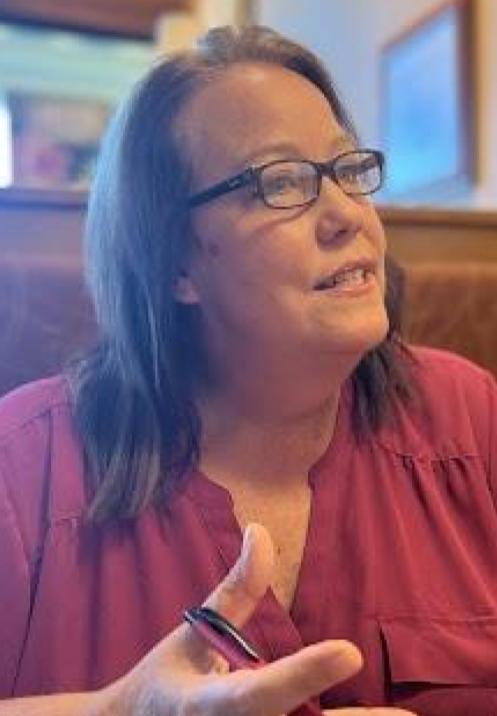
Terri Tauro
Endorsed by the Mass. American Federation of Teachers, (Lynn teachers). I have already been speaking to my education coalition in Lynn about what is needed right now and overwhelmingly they speak of funding, mental health services and classroom size. Swift and regular allocation of Student Opportunity Act Funding would be a priority when I reach the state house. The schools receiving these funds can plan for them when creating their budgets, hire and train interpreters, mental health professionals and social workers. I have been looking through legislation that has been tabled so that I can resurrect, amend and gain co-sponsors. Marblehead and Swampscott schools will not benefit from these funds and will need the passing of the fair share amendment to get some help for the growing need for special ed costs. I would like to see more of the expense for special education absorbed by the state. No child is the same and they all learn differently. We need healthy SPED programs that can give all of our kids what they need to succeed but it is next to impossible to budget. Often the schools do not know the degree of help a child needs in time to budget for it. I have been looking through legislation that has been tabled so that I can resurrect, amend and gain co-sponsors. I believe that is the quickest way upon arrival but I will explore every option available...I always do.
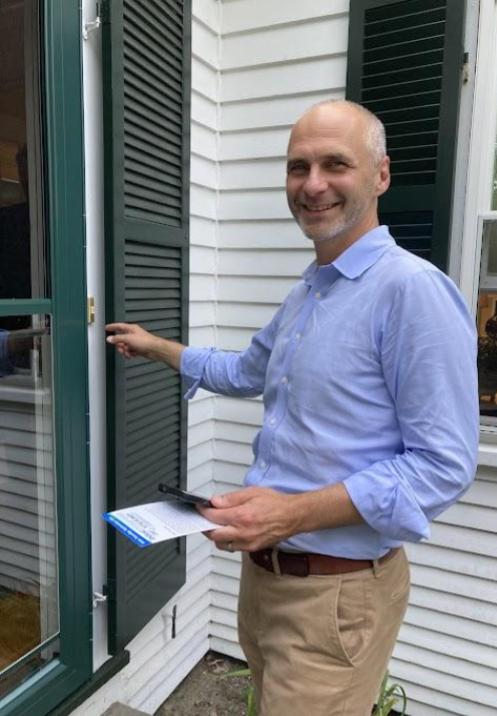
Doug Thompson
Much is within the State Representative's potential purview when it comes to education. The clearest first item on the agenda based on hundreds of conversations I have had across the district is to begin to re-fund our education system - that has been defunded over the past two decades. Hopefully, the Fair Share Amendment will be a major tool to address this funding shortfall.
I would look forward to having detailed conversations with parents, educators, business and union leaders to understand where our greatest opportunities for investment lie. I have heard a great deal about the need to invest in school-based mental health services, to address out-of-district special education placement and transportation costs, and to ensure we are providing an academically challenging education for our most talented students (which might improve declining enrollment). We need to have a robust public education system to address the needs of all of our students. I would also like to investigate whether raising the MCAS standard is the best strategy and what disproportionate impacts it would have.
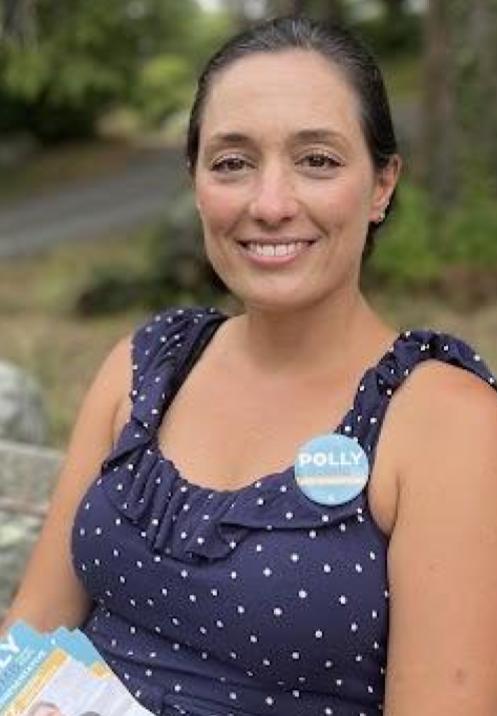
Polly Titcomb
Generally speaking, I do believe the purview of a state representative is limited with respect to education, just as a town administration is limited in its ability to regulate the operations and financing of its school department. I see the purview of the legislature as being responsible for providing adequate funding for education and steering broader policy decisions relating to the same.
With that said, it is important to me to establish educational priorities that work to accomplish short-, medium-, and long-term goals. I am committed to improving social-emotional learning and increasing funding for special education and will work with experts to best understand the needs of the district and the Commonwealth, as well as the best mechanisms to make such improvements.

